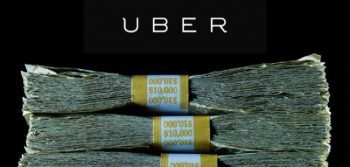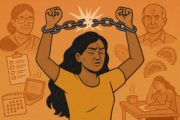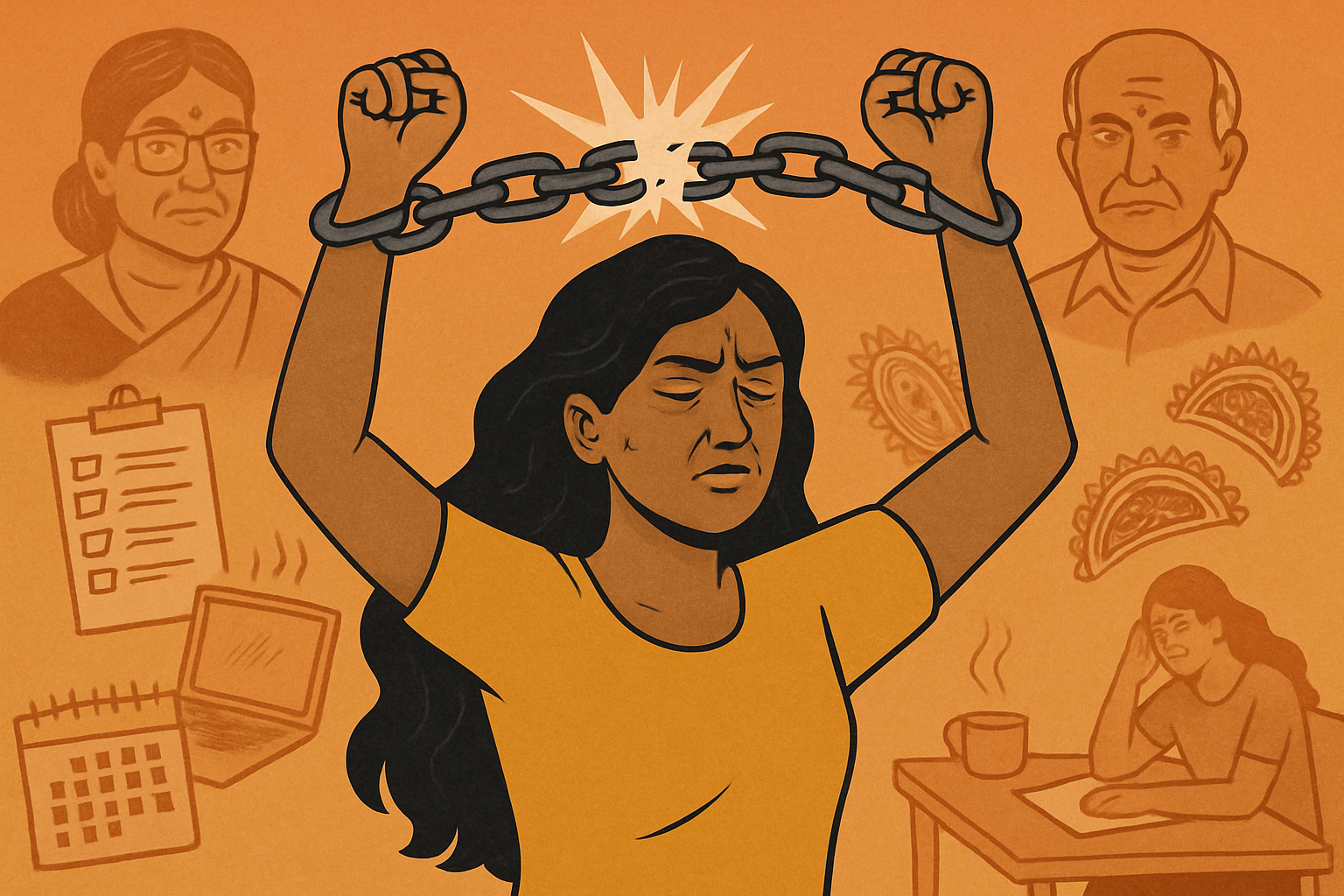
Uber's increasing foothold on the car service business is providing not only more rides, but also more jobs.
It’s the biggest taxi company in the world, and it doesn’t own a single taxi.
Uber was founded by a university dropout and his buddy in 2009. The concept: most any person can become a cabbie for on-the-side cash. Gone is a dispatch person, who is replaced by an app (one step closer to being governed by robots!) which customers and drivers use to come together, and then the drivers take them places. Fun.
The idea caught on quick. And despite the fact that Uber has been deemed unsafe and banned by multiple governments, it’s still here.
Why? Because it came around at the perfect opportunity. It grew so fast and so large that it’s now a game-changing behemoth.
Sure, things were pretty rough five years ago. Job opportunities sank, unemployment soared and layoffs were a common economy illness. In October 2009, unemployment was at 10 per cent in the United States, 9.4 per cent in India, pushing 20 per cent in the U.K., and at 7.1 per cent in Canada. Basically you had a lot more butts sitting on couches in the middle of the day — worldwide. People needed to fill their bank accounts and their stomachs. Fast.
This was perfect timing for the university dropout and his buddy.

Photo Credit: www.finance.yahoo.com
Uber gave an opportunity for the unemployed to get up off the couch for some quick cash. The most rigorous qualification test to get in is a simple background check. Done. Now you, too, can invite strangers into your car.
Nobody was hiring, so people hired themselves.
The American Bureau of Labor showed that 91 per cent of Uber drivers wished to increase their income, while 87 per cent of Uber Driver-Partners want to be their own boss, because yelling at yourself isn’t as scarring. Plus you can go home whenever you want.
Uber was a step out of the box, because within the box needs couldn't be met.
Now we're in uncharted territory.
And what comes with uncharted territory? Unexpected problems.

Photo Credit: Huffington Post
Currently, Uber has over 170 lawsuits to its name. On December 5, 2012, Toronto officials charged Uber with 25 municipal licensing infractions, including operation of an unlicensed taxi brokerage and unlicensed limousine service.
And then there are some really bad items on Uber’s rap sheet.
In New Delhi, A woman was raped by one of Uber’s drivers. The city is one of six in India to have banned the service, though it still operates illegally in some areas. Some countries, like Germany and the Netherlands, have banned it outright.
The law didn’t foresee such a company existing — one that flirts with the technicalities of what are lawful and safe business practices and what are not.
Now there’s a mess.
Despite all this, the company is still growing and worth $40 billion.
Out of a need came a solution, but with that solution came new problems. Uber is now trying to figure those out.
Would this business have been as lucrative in 2005? Back in the days of olde when the unemployment rate wasn’t reaching the clouds, when company restructuring didn’t leave you at the door with a box of your belongings?
Hard to say, but here we are, smack in the middle of a taxicab revolution, with the game’s rules being rewritten.
Main Image Photo Credit: http://mybilliondollarapp.com/
Taras Babiak
Author
Taras is a freelance blogger, video editor and screenwriter. He is the co-writer of "Made In Bali," which recently won Best Short Film of the year from the Director's Guild of Canada.
COMMENTS
YOU MAY ALSO LIKE
Newsletter Sign Up
Subscribe to our FREE newsletter for all of the latest news, articles, and videos delivered directly to your inbox each day!

















































































































